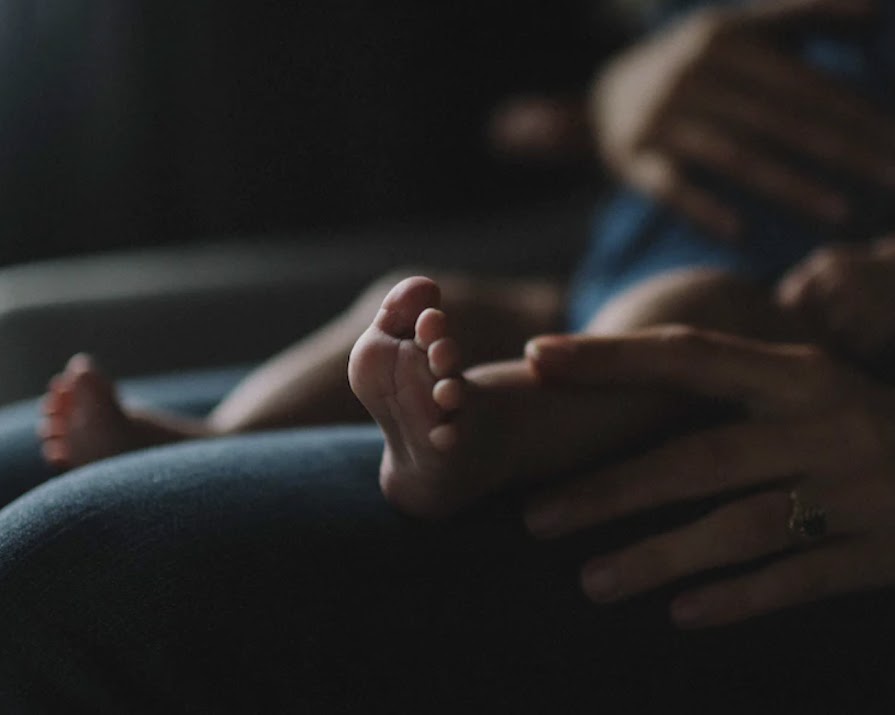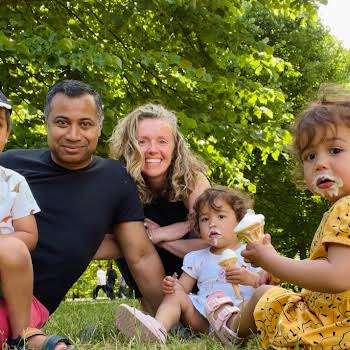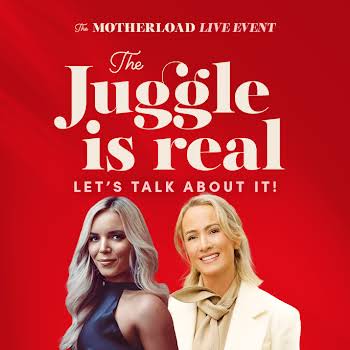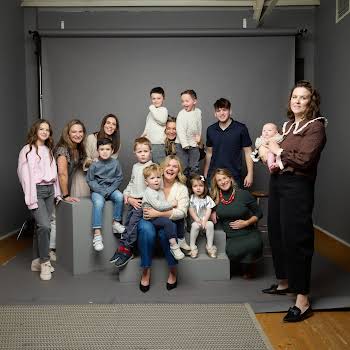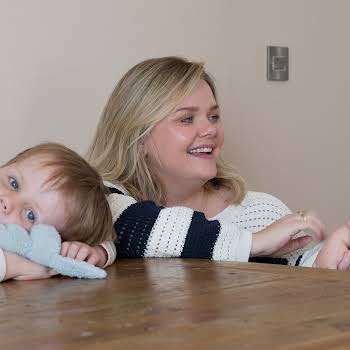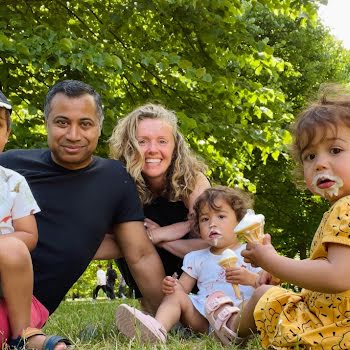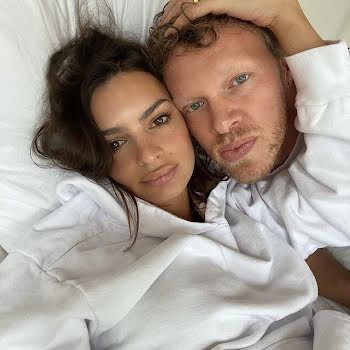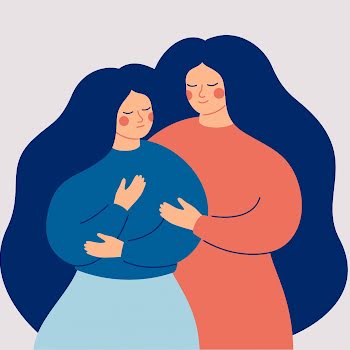
By Amanda Cassidy
17th Oct 2024
17th Oct 2024
It's the ultimate taboo; the parents who regret having children. Amanda Cassidy speaks to those who, *whisper it* feel as if parenthood might have been a mistake.
“I thought I’d find it fulfilling and that I’d be a good parent. I even considered having five children at one stage. But after my first. I realised it was nothing like what I expected.”
Preferring to remain anonymous, this mother of two is part of an online group of parents dedicated to sharing their feelings about how parenthood wasn’t what they expected.
She’s part of a small but significant proportion of mothers and fathers who wish that they’d never had children.
Another woman says that when her three children were younger, she found it a little more manageable, but now that they are teenagers, she finds the responsibility to shape them into responsible and productive humans is too much. She doesn’t feel as if she can do right by them.
“I love my daughters and I try my best for them, but I do not enjoy it. I’ve never shared any of these thoughts with my husband or anyone really, because they would be horrified. Sharing my thoughts in an anonymous online forum helps me feel less isolated. It’s the constant worry, the financial side of things, the pressure to try to keep my children well-balanced, healthy and happy. I find it far too difficult.”
Stress
Each person has their own individual story to tell, but it turns out that the vast majority of people do want to have children and more than a third wish they had more children than they currently have. But that doesn’t mean there aren’t those who believe they don’t make good parents.
Ciara* says she has an escape fantasy where she leaves and starts a new life abroad and never comes back. It might sound dramatic or anguishing, but in her words: “It’s tedious, harrowing, and I’m always stressed. But the main thing is that I just don’t think I’m good at it. And that’s why I have this regret.”
Ciara knows that her words are extremely taboo. But sentiments of parental regret are less rare than one might imagine. These online groups are private, and carefully monitored, which is essential given the criticism and judgment admitting regret can provoke.
In 2008, French psychotherapist Corinne Maier stoked an international firestorm with her essay entitled No Kids: 40 Good Reasons Not to Have Children; her two children left her “exhausted and bankrupt,” and she couldn’t wait for them to leave home.
In 2013, Isabella Dutton, a 57-year-old British mother of two grown children created controversy with a Daily Mail piece called: “The mother who says having these two children is the biggest regret of her life.”
Reframe
But in a world where being a mother is associated with softness, selflessness and sacrifice, challenging this explosive taboo means we can reframe motherhood along the way.
Realistically, there isn’t enough support. There is no village anymore. We live in an ‘always-on’ world where if your child isn’t doing ten activities a week, the narrative is that you are not doing enough. You are failing. Women are supposed to be hashtag fierce, girl-boss types, always on par with male colleagues, while also maintaining the kin-keeping responsibilities of home life.
All the while, there’s also the pressure to be your best self – drink enough water, meditate, exercise, have a hobby that takes you out of yourself, be in a book club, book the summer camps, organise the uniforms because they are too small. Look as if you are HAPPY because others, on Instagram look as if they are finding it breezy.
Don’t forget the children’s mental health – do they have friends, are they happy in themselves, confident? Maybe you should put them into drama class. Piano lessons? Are they being cyberbullied or left out of WhatsApp groups…
Let’s be honest, the backdrop to the maternal experience is no longer about just raising children well. It’s a minefield of criticism and self-guilt. It’s expensive and demanding. It’s no wonder there are some who wistfully probe the alternative. What might have happened if they didn’t?
All those I spoke to said the same thing – strongly and repeatedly: The lack of love doesn’t come into this one bit. For them, parenthood put an untenable strain on things like marriages, on finances, on career prospects, and on energy.
Ciara* says that though she has help from her own mother and her partner, it’s “still too much for me. Even the breaks don’t help. I’m starting to think I’m just not cut out for this.”
Mortgage adviser Vicktoria Elder from the US was in her forties, and as the mother of a 17-year-old when she started writing about her experience on Quora, an online essay forum.
She told The Guardian that she had had to struggle to keep on top of things, both logistically and financially, when her partner left, but it was more than that.
“It went deeper.” The day her daughter was born, the exact moment the tiny baby was placed in her arms, “I felt like, and still feel like, I made a mistake.”
“The sanctity of motherhood,” she explained in her original Quora post, “is certainly a subject that could use a dose of reality. I felt terrible about what I was feeling and thought there was something wrong with me. This is just my story – I can’t speak for other people.”
Perhaps instead of cutting down those who utter such taboo statements, we can try to understand the mounting pressures that can often not be foreseen when it comes to having children. We can have empathy and use it as a springboard to work together to alleviate some of the challenges when it comes to the expectations of being a mother these days.
This article was originally published in March 2024.











